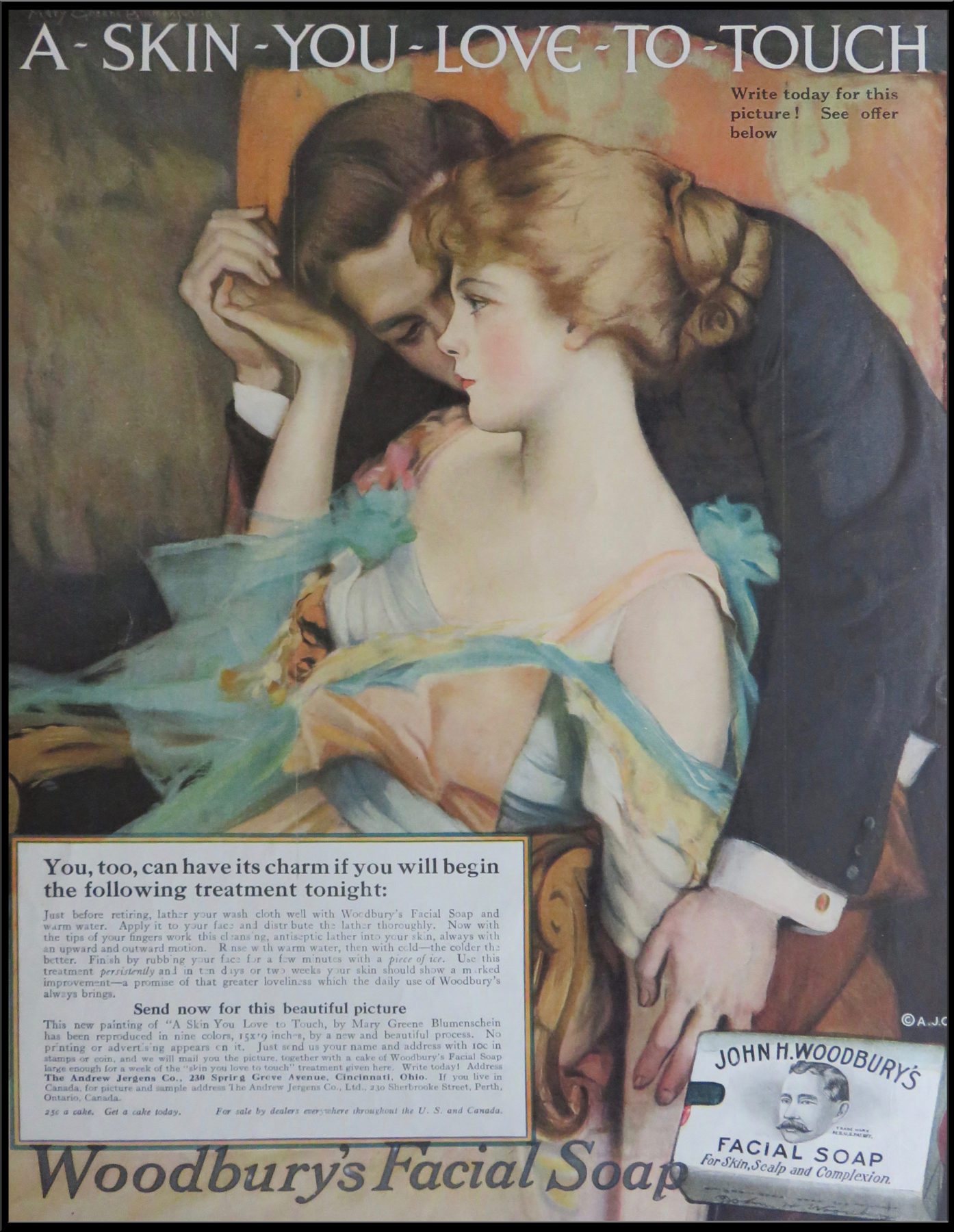“What do you think? I bet it’s just one guy.”
Butch Cassidy. The Sundance Kid. Their last day on Earth. The two outlaws have just ridden into a Bolivian town to have a meal… and somebody starts shooting at them.
They run for cover inside a saloon.
Butch is the brains of the operation and forever the optimist. “What do you think?” he says to Sundance. “I bet it’s just one guy.”
Sundance takes off his hat and pokes it out the door. An army of guns goes off immediately. A dozen bullets whiz through the hat. Sundance stares at Butch.
“Don’t you get sick of being right all the time?”
Well? Don’t you?
Today I want to share an unpleasant but valuable truth with you. You may or may not be ready to hear it.
I first heard it from John Carlton. John says:
In order to persuade large groups of people to buy, act now, or even just begin to see your side of things… you have to see the world as it is.
Not as you wish it was. Not as you believe it should be. Not as you were told it was.
As it is. The stark, cold reality of how things actually work, and how people actually behave.
This is often scary, at first. It requires you to look behind your go-to belief systems (which you may have had since you were a kid)… to challenge authority’s version of what’s going on… and — most important — you must willingly exit the shared delusion among the majority of your fellow humans that what they say they’ll do is more important than what they actually do.
That’s not the only shared delusion among us fellow humans. There are plenty of others.
Such as “The One Thing”… the simple, black-and-white explanation… the leader to be obeyed or the charlatan to be mocked.
We all want to believe the world works like this. And there’s a lot of money to be made by telling people what they want to hear.
But like Carlton says, to make that money, it might be helpful to see the world as it is, rather than as you wish it were. Even if it means you’ll stop being right all the time.
But you know what? I’m not really talking to you. I’m talking to myself. Because check it:
A few weeks ago, I decided to unsubscribe from Ben Settle’s Email Players newsletter. I was subscribed for over 4 years. But I had my reasons to quit.
Ben is somebody I’ve learned the most from, both directly and indirectly, about this copywriting and marketing stuff. And yet, since unsubscribing from his newsletter, I notice my brain trying to make things black-and-white. To discount the things I’ve learned from him. To put them in a box of things I’ve outgrown.
My brain wants to be right. But I want to be rich.
So for your benefit as well as my own, over the next several days, I’ll tell you a few of the great things I’ve learned from Ben Settle. A few things… because there’s no “The One Thing.”
Put together, these great ideas were a central part of the success I’ve achieved so far. Perhaps they can help you too. As a sneak preview of the first of these great ideas, here’s a bit of dialogue between Butch and Sundance… right before they try to shoot their way out of the saloon, against an entire battalion of Bolivian soldiers and police:
Butch: Australia. I thought that secretly you wanted to know so I told you.
Sundance: That’s your great idea?
Butch: The latest in a long line. We get out of here alive, we go to Australia. Goodbye, Bolivia. Hello to Australia.

